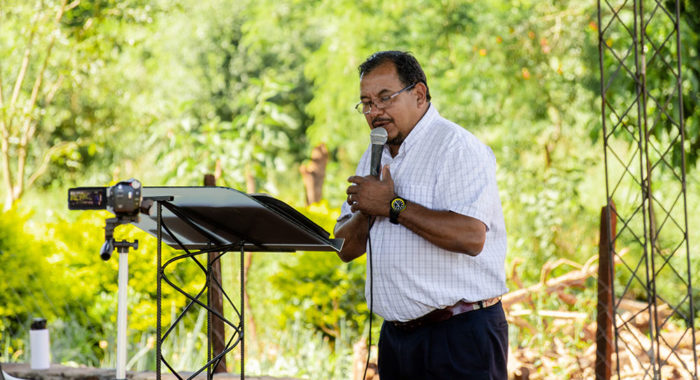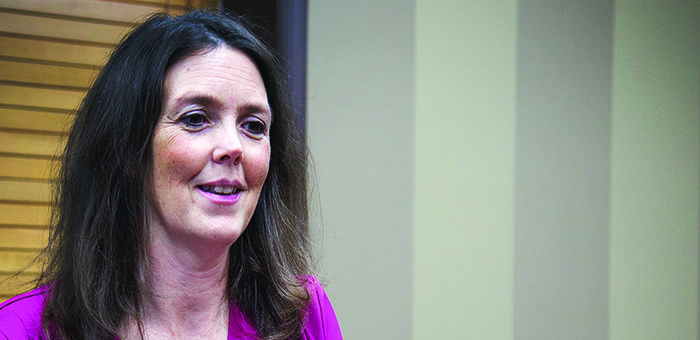In Today’s Conversation, Leith Anderson and Brad Hewitt talk about how to be a money-wise Christian. As the CEO of a major Christian financial services organization, Brad guides listeners through biblical principles and practical tips for making wise financial decisions.
In this podcast, Leith and Brad discuss:
- How to think about money from a biblical perspective;
- What to do when you feel financially stuck;
- How the student loan crisis stifles callings; and
- The differences between good and bad borrowing.
For more information about the NAE’s initiative to provide solutions for pastors and churches, visit NAEfinancialhealth.org.
Read a Portion of the Transcript
Leith: Related to the debt issue is how we all live in terms of the means that we have to live at a certain level of society. So, you’ve talked about living below your means. How do you do that? What does that actually look like?
Brad: … We did some research on this, and it’s really interesting. The people who are at that surplus mindset, every one of them — as we looked at people, and we just looked at those people specifically and started interviewing and talking to them — every one of them self-described themselves as being very counter-cultural and intentionally living well below their means. So, what they did — and again, this is at all income levels — whatever their means were, they would actually intentionally try to live below that. So making individual choices to say, “Well, I could afford this; I’m not going to do it.” And that’s what it means.
And that’s why it becomes harder when you start dropping below the median income, it becomes much more difficult to make those choices simply because housing is expensive, health care is expensive, all the things that are expensive. And so, practically speaking you get to a certain level, and it’s nearly impossible to do that. If you’re making $10,000 a year, it’s virtually impossible. But that intentionality mindset around “I’m going to intentionally live well below my means” does two things.
One is that it builds margin into the system, so that you don’t get set back because of emergencies or others. And frankly what it does — it’s really fascinating — it cultivates this mindset of abundance and generosity, which actually I think are the keys. And in fact, what we’ve been studying more and more is generosity, gratitude, what we call a group — having a social network that supports what you are trying to do — and grace. Those four G’s actually are some of the fundamentals to sustaining living well below your means. And, I think that’s part of the secret of being counter-cultural in living below your means.



 View All Podcasts
View All Podcasts 



















